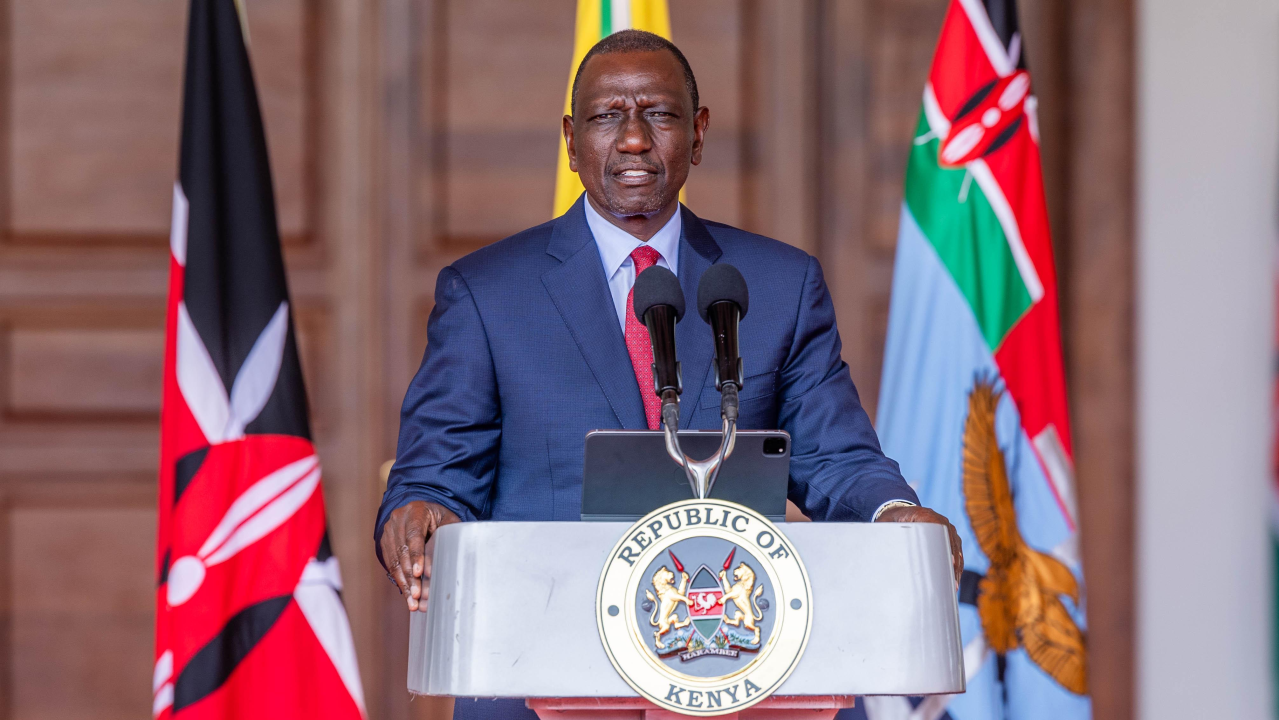Government Reaffirms Support for Youth Creativity, Sets Clear Rules for School-Based Artistic Expression

Kenyan Government Backs Youth Creativity Under Clear Guidelines Amid School Drama Festival Controversy
The Kenyan government has reaffirmed its commitment to nurturing youth talent and promoting creative expression as part of the Digital Superhighway and Creative Economy pillar under the Bottom-Up Economic Transformation Agenda (BETA). However, it has emphasized that all school-based artistic activities must strictly adhere to established rules and education sector regulations.
Buy UK perfect Replica Rolex Daytona watches online. Swiss Made AAA Fake Rolex Watches UK Shop:www.rolexreplicaswissmade.com/Watches/Daytona.php
Government Spokesperson Dr. Isaac Mwaura highlighted this during a press briefing, where he addressed a series of recent events in the education sector—most notably the controversy surrounding the Butere Girls High School performance at the Kenya National Drama and Film Festival.
“The conduct witnessed in the run-up to the planned performance involving Butere Girls was regrettable, irregular, and posed a serious threat to the integrity of school-based co-curricular activities,” said Dr. Mwaura.
The play titled “Echoes of War” drew national attention following its disruption, prompting the government to launch a full investigation into the incident. Mwaura confirmed that while no disciplinary action has yet been taken against the school’s management, the matter remains under active review.
Strict Rules to Govern Creative Expression in Schools
Dr. Mwaura made it clear that while the government encourages artistic talent, school activities must be conducted within defined legal and professional frameworks. He reiterated that:
- All performances must follow adjudicated and approved scripts.
- Only registered teachers or accredited instructors affiliated with recognized education institutions are permitted to train students.
- No unapproved individuals, especially those outside the teaching profession, should be involved in co-curricular activities.
“Schools are safe spaces for learning and character formation—not platforms for provocation or political experimentation,” he emphasized.
The government also stated it will conduct a comprehensive review of the Kenya National Drama and Film Festival regulations to prevent future violations and protect the integrity of creative programs in schools.
Unlawful Withholding of National Exam Certificates
Turning to another pressing issue, Dr. Mwaura addressed the illegal withholding of national examination certificates by some school heads due to unpaid fees. He reminded school administrators that:
“Academic certificates are the property of the learner. Denying students access to them undermines their rights and the foundation of our education system.”
To ensure compliance, all County Directors of Education have been directed to submit reports within 14 days detailing the status of any uncollected certificates.
Reforms in University Funding Model Underway
Dr. Mwaura also provided an update on the ongoing reforms in Kenya’s university funding model, stating that the government is working to align the system with recent court rulings and the realities faced by Kenyan families.
A comprehensive report on university funding is now complete, and national public participation forums will soon commence to guide the implementation of a transparent, fair, and sustainable funding model.
“This is a transformative moment for higher education in Kenya, and we are ensuring that no student is left behind in accessing quality, affordable university education,” said Mwaura.
Conclusion
As Kenya continues to embrace a knowledge-based and creative economy, the government is taking decisive steps to protect the integrity of its education system while promoting youth talent, access to academic credentials, and equity in university funding. The emphasis remains on responsible creativity, rule-based participation, and inclusive reform that serves the broader national interest.
